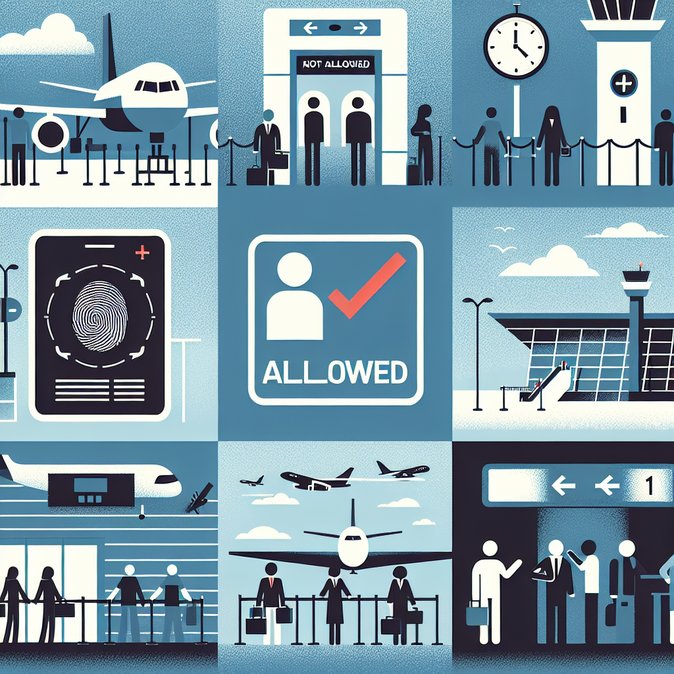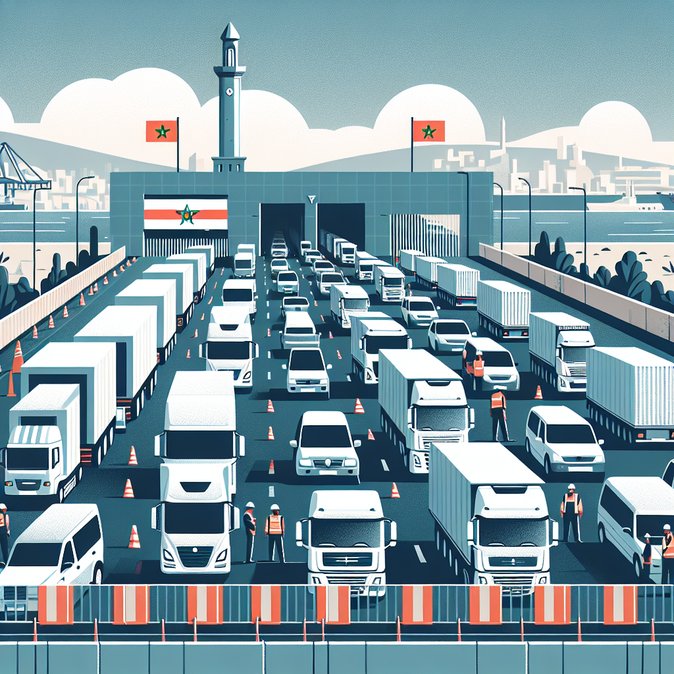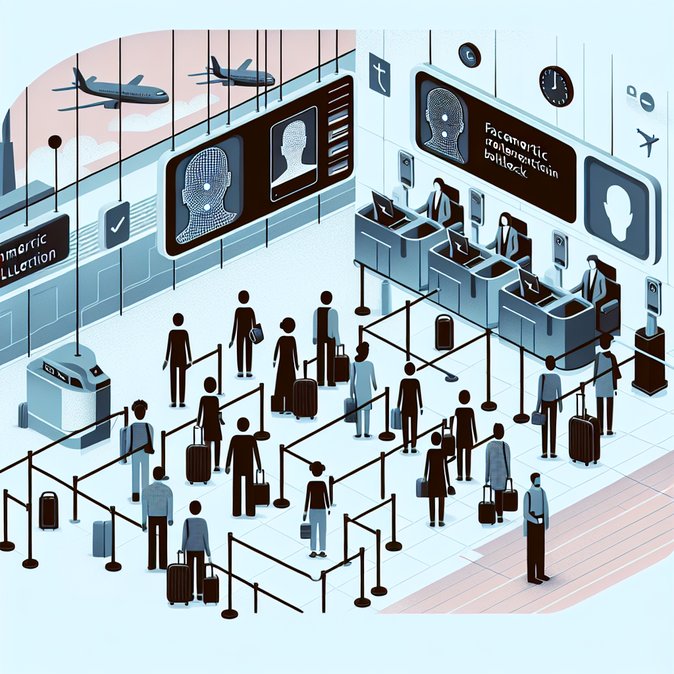
Diplomatic turbulence spilled into the skies on 25 November as Venezuela’s civil-aviation authority (INAC) gave Spanish carriers Iberia, Air Europa and Plus Ultra 48 hours to resume flights to Caracas or face the withdrawal of their traffic rights. The warning follows the airlines’ decision—mirrored by several Latin-American and European carriers—to suspend services after a U.S. Federal Aviation Administration security alert linked to the growing U.S. military presence in the Caribbean.
The Spanish airlines jointly operate more than a dozen weekly rotations between Madrid and Caracas, serving corporate energy accounts, construction contractors and large Venezuelan-Spanish diaspora traffic. A sudden loss of traffic rights would not only strand passengers but also disrupt lucrative bilateral cargo corridors for automotive and pharma supplies.
![Caracas Ultimatum: Venezuela Threatens to Strip Iberia, Air Europa and Plus Ultra of Traffic Rights]()
IATA stepped in, urging “coordinated dialogue” and reminding both governments that unilateral revocation of route authorities could deepen Venezuela’s already fragile connectivity. Spain’s air-navigation provider Enaire has echoed the FAA’s caution, publishing a Notice to Airmen that advises carriers to avoid Venezuelan airspace pending a fresh risk review.
For global mobility teams, the standoff adds another layer of uncertainty to deployments in Venezuela. Companies should validate travel-risk insurance, identify alternative routings via Bogotá or Panama City, and alert assignees that repatriation flights could be limited if the ultimatum materialises.
Although INAC’s deadline expires later this week, industry observers doubt that flights will resume until carriers receive security reassurances—a scenario that could see traffic rights suspended and negotiations escalate to the level of the Spain–Venezuela bilateral air-services treaty.
The Spanish airlines jointly operate more than a dozen weekly rotations between Madrid and Caracas, serving corporate energy accounts, construction contractors and large Venezuelan-Spanish diaspora traffic. A sudden loss of traffic rights would not only strand passengers but also disrupt lucrative bilateral cargo corridors for automotive and pharma supplies.

IATA stepped in, urging “coordinated dialogue” and reminding both governments that unilateral revocation of route authorities could deepen Venezuela’s already fragile connectivity. Spain’s air-navigation provider Enaire has echoed the FAA’s caution, publishing a Notice to Airmen that advises carriers to avoid Venezuelan airspace pending a fresh risk review.
For global mobility teams, the standoff adds another layer of uncertainty to deployments in Venezuela. Companies should validate travel-risk insurance, identify alternative routings via Bogotá or Panama City, and alert assignees that repatriation flights could be limited if the ultimatum materialises.
Although INAC’s deadline expires later this week, industry observers doubt that flights will resume until carriers receive security reassurances—a scenario that could see traffic rights suspended and negotiations escalate to the level of the Spain–Venezuela bilateral air-services treaty.


